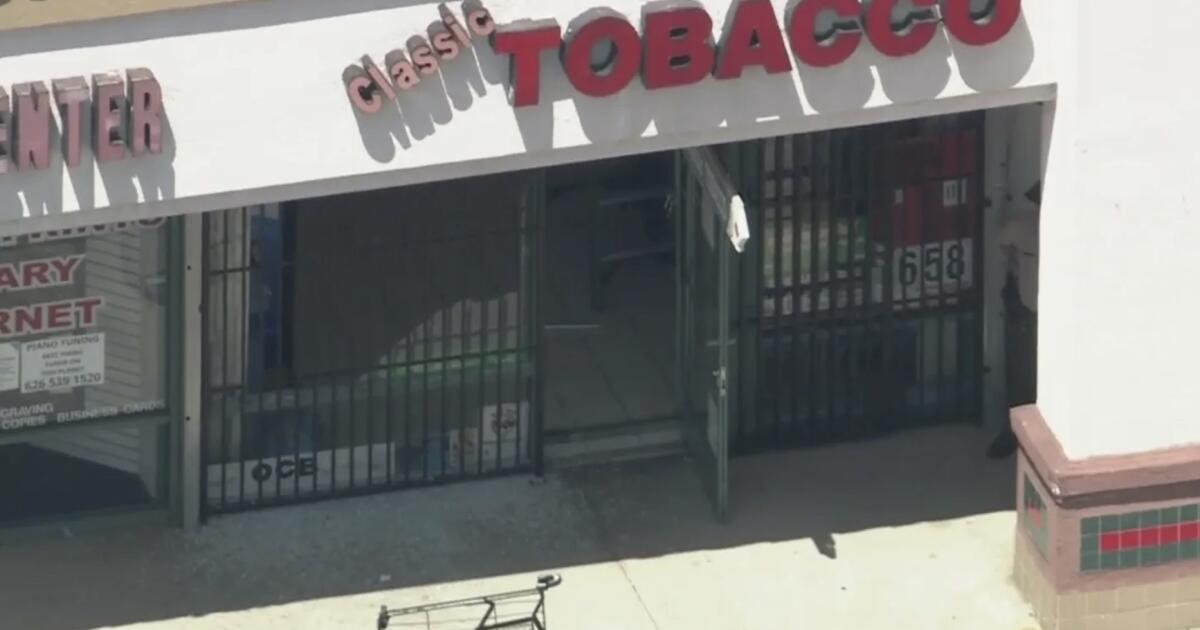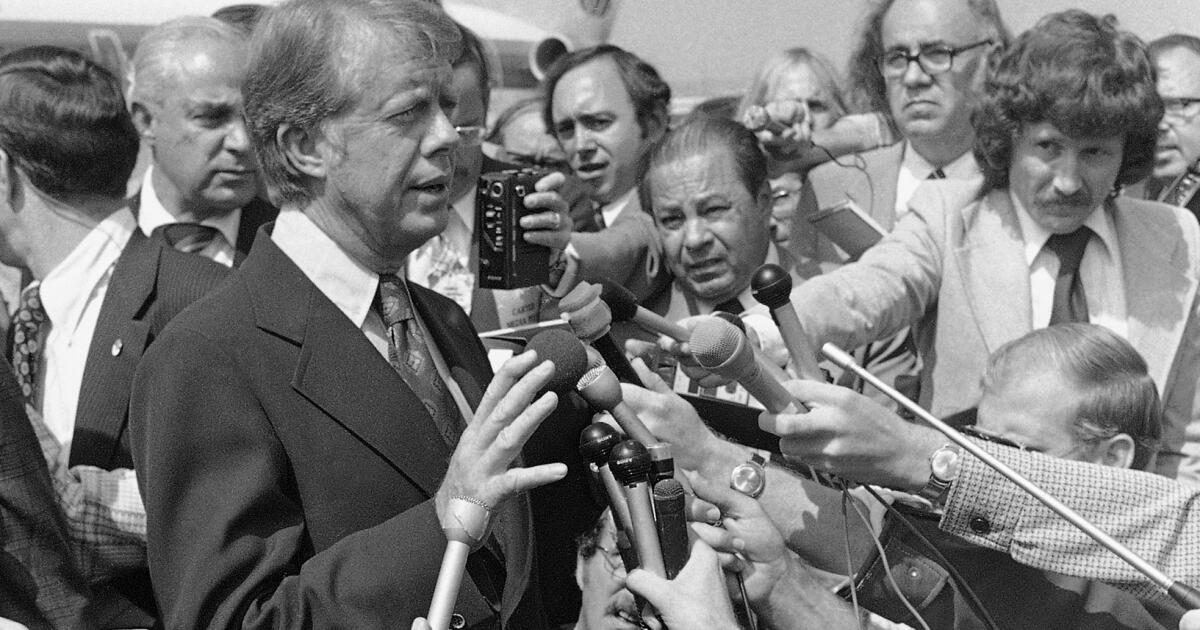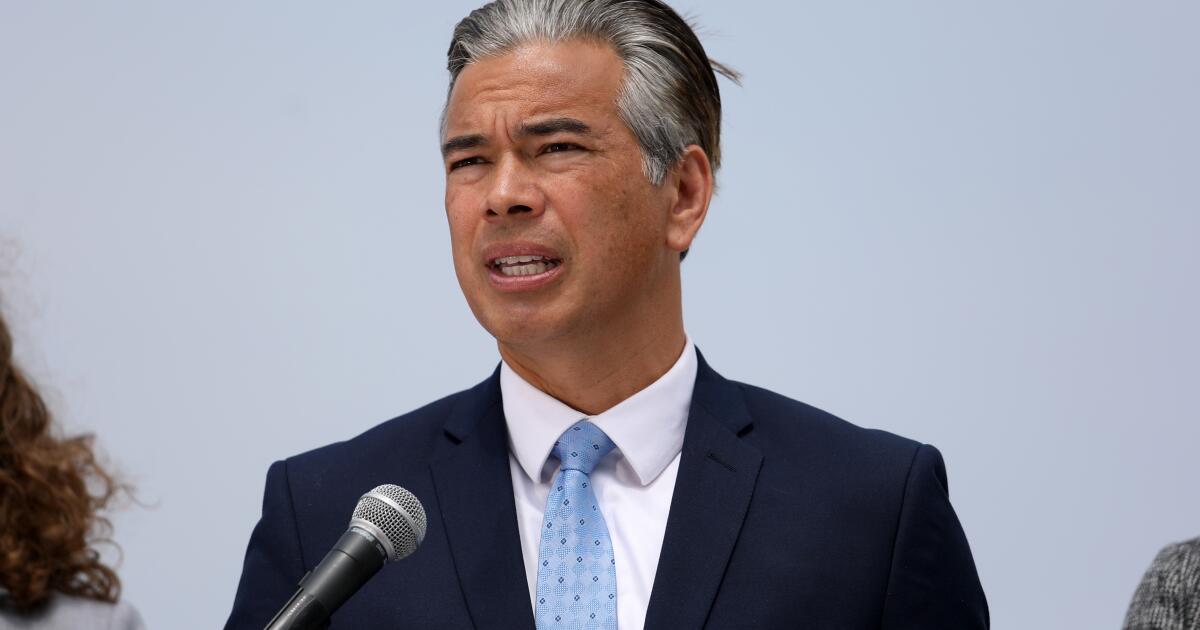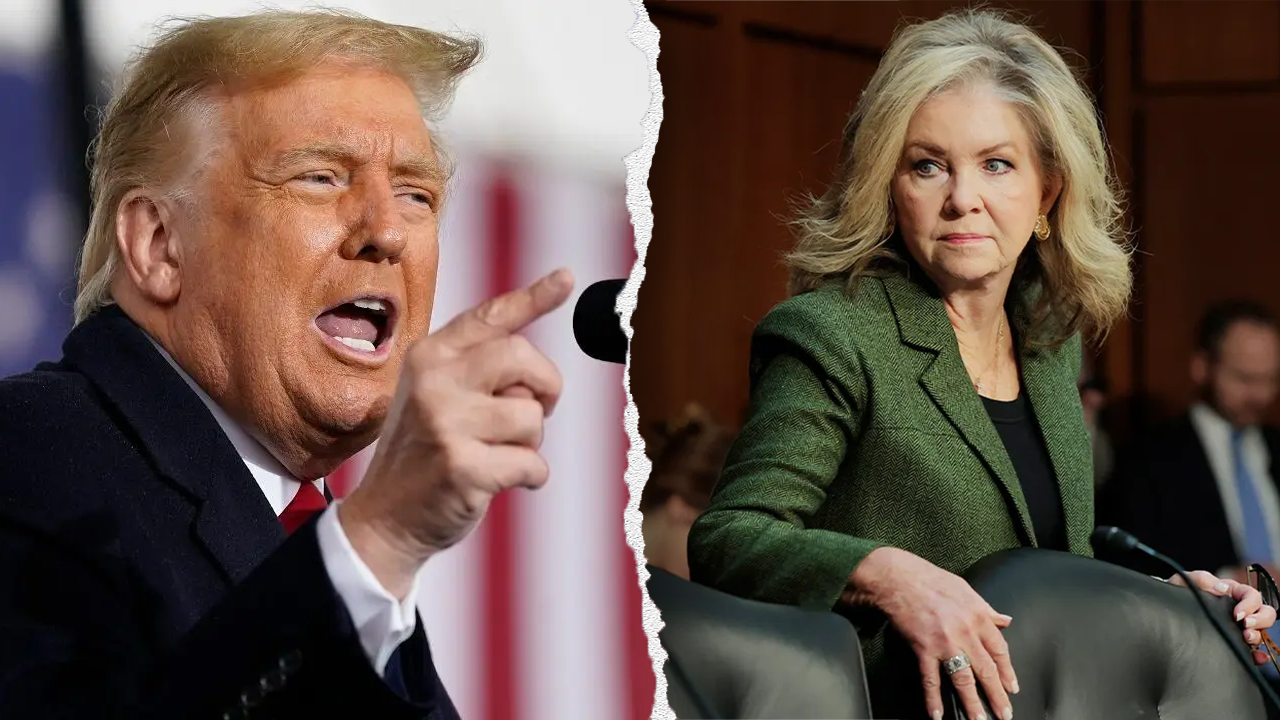Kim Kardashian wants Lyle and Erik Menendez, the brothers convicted of the gruesome 1989 murders of their parents, to be freed.
The reality star, daughter of OJ Simpson's late lawyer Robert Kardashian, has presented herself as an advocate for criminal justice reform. And, in a personal essay for NBC News, he wrote Thursday that he hopes the brothers, who have already served 35 years in prison, can “reconsider” their life sentences.
“We are all products of our experiences. They shape who we were, who we are and who we will be. Physiologically and psychologically, time changes us and I doubt anyone claims to be the same person they were when they were 18 years old. “I know I’m not!” wrote the Skims co-founder.
Kardashian reiterated widely known facts from the case: that the brothers, then ages 21 and 18, shot and killed their parents, José and Kitty Menéndez, in their Beverly Hills home, as well as their high-profile 1996 trials. But , he said, “this story is much more complex than it seems on the surface.”
“Both brothers said their parents had been sexually, physically and emotionally abusive for years. According to Lyle, the abuse began when he was just 6 years old and Erik said he was raped by his father for over a decade. “After years of abuse and real fear for their lives, Erik and Lyle chose what they thought at the time was their only way out: an unimaginable way to escape their nightmare,” he said.
Erik Menendez, left, and his brother Lyle, in front of their home in Beverly Hills.
(Ronald Soble / Los Angeles Times)
Listing problems with the trials and other legal errors, Kardashian argued that “the media turned the brothers into monsters and sensational eye candy” and that they “had no chance of having a fair trial in this context.”
The beauty mogul visited the brothers in prison and vouched for their “exemplary disciplinary record,” adding that a prison warden told her “he would feel comfortable having them as neighbors.” He claimed that life in prison is not the appropriate punishment for them and argued that the exclusion of abuse evidence from their second trial denied them a fair chance.
“The murders are not excusable. I want to make that clear. Nor is his behavior before, during or after the crime. But we should not deny who they are today when they are 50 years old,” he wrote. “The trial and punishment these brothers received were more befitting of a serial killer than two people who endured years of sexual abuse by the very people they loved and trusted.”
On Thursday, Los Angeles County Dist. Lawyer. George Gascón said his office would review what he described as new evidence that the brothers were sexually abused, a move that could lead to revised sentences.
While there was no question that the brothers committed the murders, Gascón said, the question is whether the jury heard evidence that their father sexually abused them. During the brothers' first trial, which ended with hung juries, evidence detailing sexual abuse was presented, but was largely withheld during the second trial, where they were found guilty and sentenced to life in prison.
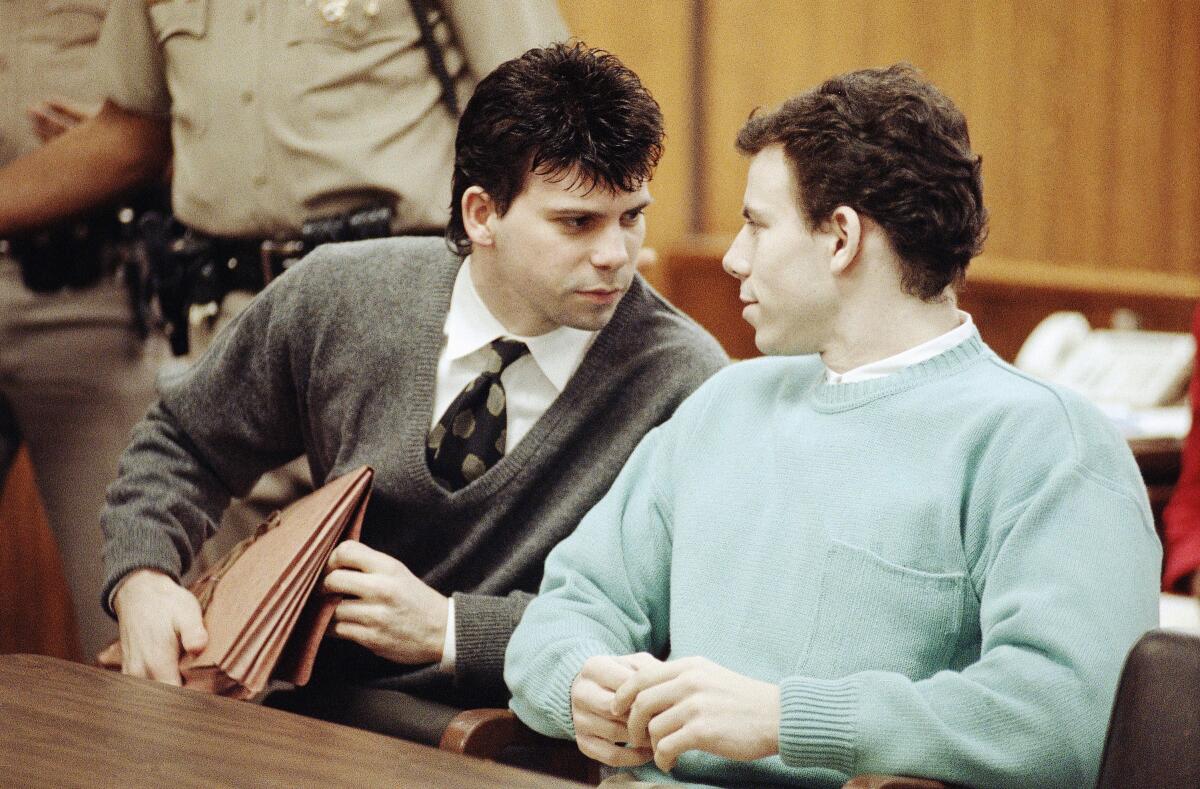
Lyle Menendez, left, and Erik during a court appearance in Beverly Hills on April 2, 1991.
(Kevork Djansenzian/Associated Press)
Meanwhile, a series of creative projects over the past year have contributed to renewed interest in the brothers' case and their highly scrutinized trials. Ryan Murphy's eye-catching “Monsters: The Lyle and Erik Menendez Story,” for example, raised questions, much as his previous anthology series revived the discourse surrounding the OJ Simpson trial and the impeachment of former President Clinton. . The Menendez brothers were also the focus of the Fox Nation docuseries “Menendez Brothers: Victims or Villains,” which premiered in March, as well as the Peacock docuseries “Menendez + Menudo: Boys Betrayed,” which presented new evidence and included an accusation. of rape against the patriarch José Menéndez.
Citing evidence related to sexual abuse allegations, the brothers' attorneys filed petitions last year to reopen the case, and family members have rallied for the men's release. Others, like Kardashian, have argued that times have changed and that the brothers' abuse allegations might have been received differently in today's trial.
Times Editoryes Salvador Hernandez, Hannah Fry and Richard Winton contributed to this report.


